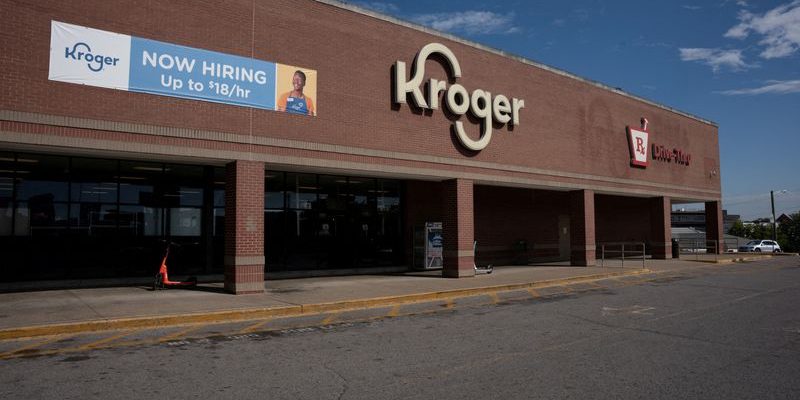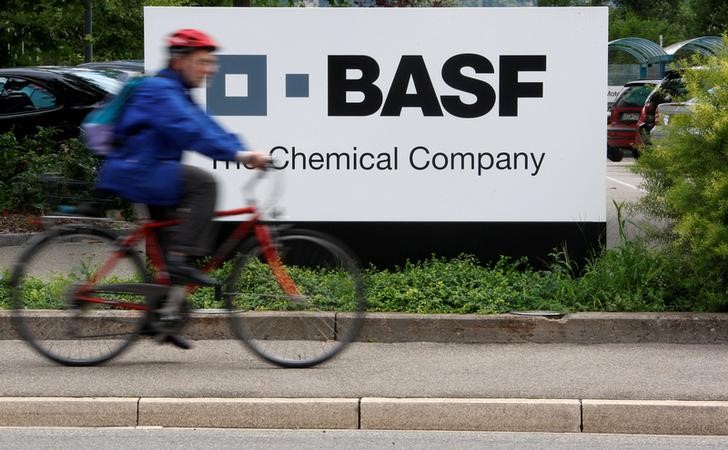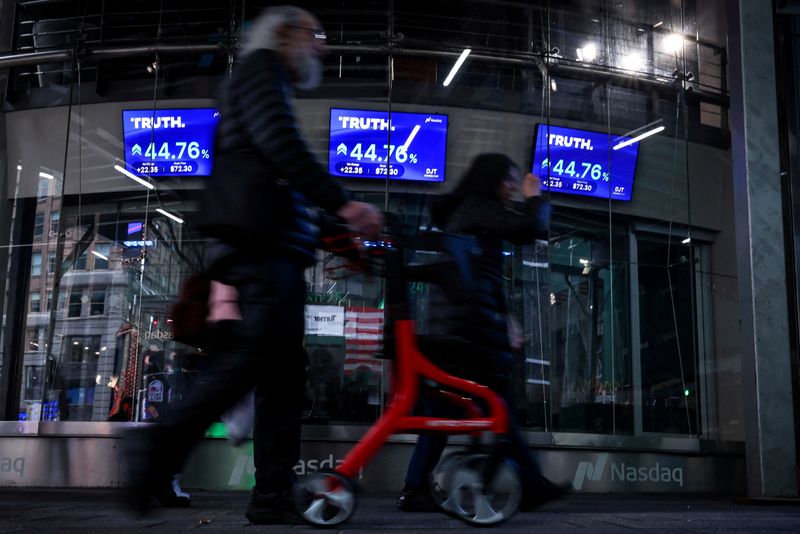
(Reuters) -A U.S. judge blocked the pending $25-billion merger of U.S. grocery chains Kroger (NYSE:KR) and Albertsons (NYSE:ACI) on Tuesday, a win for the Federal Trade Commission that Kroger has said would likely scuttle the deal.
The FTC argued at a three-week trial in Portland, Oregon, that the merger would eliminate head-to-head competition between the top two traditional grocery chains, leading to higher prices for shoppers and reduced bargaining leverage for unionized workers.
The ruling, which could be appealed, is a big victory for FTC Chair Lina Khan and the Biden administration in their bid to counter inflation at the checkout. Americans’ discontent over a lingering rise in grocery prices since the pandemic was a key theme in the run-up to President-elect Donald Trump’s win in November.
U.S. District Judge Adrienne Nelson agreed in the ruling that the merger was likely to remove direct competition between the two grocers, which would make it unlawful.
Nelson said the FTC did not present enough evidence of its theory that the deal would decrease competition for unionized grocery labor.
Albertsons shares were down around 2.2% on Tuesday afternoon. Kroger shares were up around 5%.
FTC spokesperson Douglas Farrar said the ruling “protects competition in the grocery market, which will prevent prices from rising even more.”
“This statement win makes it clear that strong, reality-based antitrust enforcement delivers real results for consumers, workers, and small businesses,” Farrar said.
Spokespeople for Kroger and Albertsons did not immediately return requests for comment.
Kroger fought the FTC’s claims, saying the deal would bring prices down, particularly at Albertsons stores, where it said prices are 10-12% higher than at Kroger stores. The merged company would fund price cuts through cost savings it expects from a larger operation, and a larger customer base to drive revenue for Kroger’s data consulting business, Kroger said.
Nelson rejected those arguments, saying the efficiencies were not verifiable or specific to the deal. Kroger’s promises to invest in lower prices and better benefits for employees would not be enforceable, she wrote.
“Despite defendants’ best intentions to follow through on their promises at this moment, the business realities on the ground after the merger may change what defendants are able to invest or what is in their best interest to invest,” she said.
Had the deal proceeded, Kroger would own approximately 5,000 stores across the U.S. The companies argued at trial that they needed to merge to compete with global conglomerates such as Walmart (NYSE:WMT) and Amazon.com (NASDAQ:AMZN).
Kroger and Albertsons had also tried to convince Nelson that selling 579 of the stores, particularly in western U.S. states where Kroger and Albertsons are located near each other, would preserve competition.
Grocery workers’ unions criticized the merger, saying it would likely lead to job losses, and attorneys general from 10 states and the District of Columbia either joined the FTC’s case or sued to block the merger on their own.
Kim Cordova, president of the UFCW Local 7 union, which represents hundreds of workers at stores owned by Kroger and Albertsons in Colorado and Wyoming, welcomed the ruling.
But Cordova expressed concern about what could happen in the case once Trump appoints a new FTC chair, if Kroger appeals.












